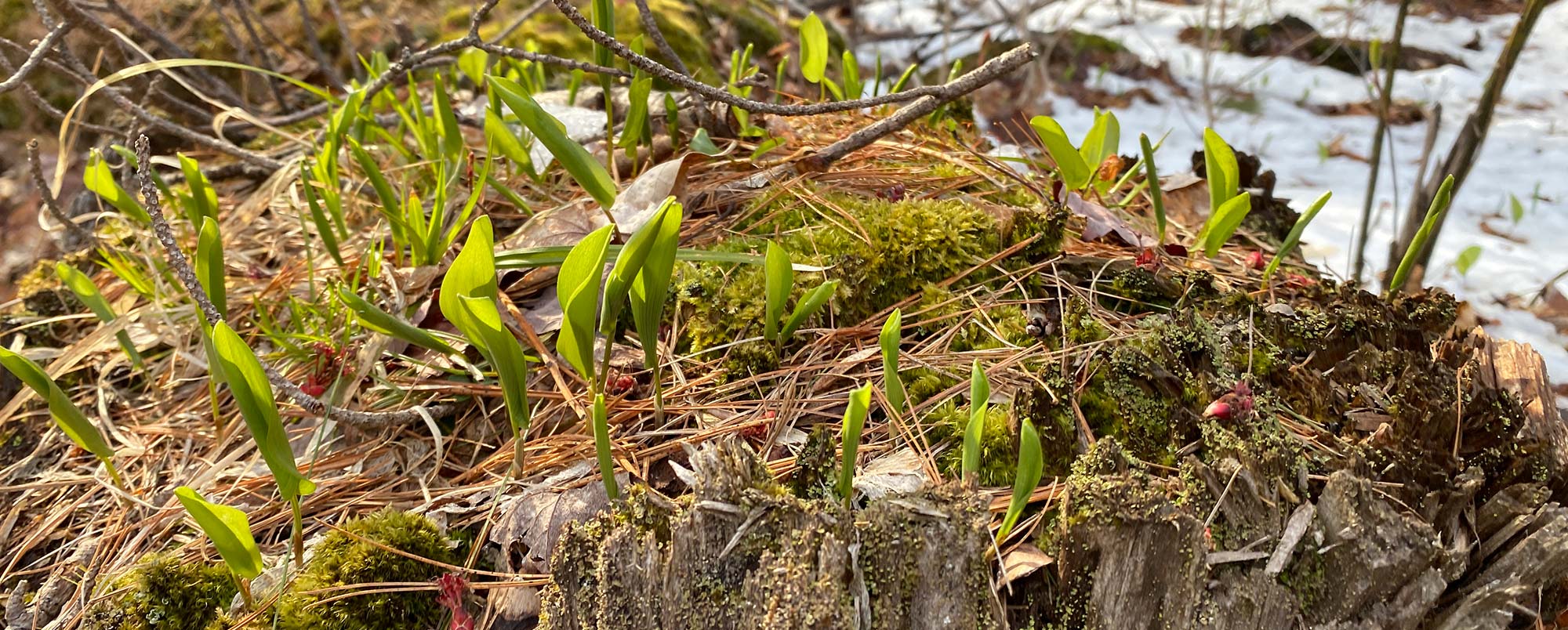by Annie Proulx
Simon & Schuster, 2016
You may well remember Annie Proulx’s first book, The Shipping News – a bestseller adapted to film, or her story “Brokeback Mountain,” which became an Oscar-winning movie. In Barkskins, Proulx, 81 – still brilliant and lively – tells us all she knows about the fate of the trees in North America. Starting at the time the French arrived with iron axes, her reach over the next three-plus centuries and the research behind it are astounding, if a bit too much. (The book stretches for 700 pages.)
But before reading more, search your shed or cellar for a rusting axe your ancestors may have left behind. Find a tree you’d planned to cut with a chainsaw, and with your axe, try to fell the tree. Most of us won’t even get through the felling cut before getting tuckered out. Now, imagine trees – covering the millions of acres from here to the prairies and tundra – being cut by axes. Those not cut for lumber were girdled, pulled down after their roots rotted, or burned. Smoke filled the skies over vast areas of the continent. The advent of crosscut saws and chainsaws sped the process.
In her rambling novel, Proulx follows the families of Mi’kmaq, French, and English woodsmen as they branch out over a score of generations around the Atlantic coast, up its rivers, then west, directly and indirectly sending millions of logs down streams to ports or railroad spurs where ships and trains took them away. The businessmen among them left their axes behind and became wood-mongers on a devastating scale.
Because of hybridization and the forceful imposition of new acquisitive cultures, the Mi’kmaq and other Native Americans who depended on forests disappeared within a few generations. Their miseries are the sad networks that tie Proulx’s chapters together. Their descendants still vaguely remembered woodland ways and wished they had them back. Even after assimilation, as the percentage of Mi’kmaq DNA in their genomes declined, they sensed something was missing. Proulx is not on the side of the newcomers, who saw trees as money, rather than as sources of life almost as important as air and water.
The importance of this novel is in the story of tree-cutting on a massive scale, a story that’s rarely told and studied by few. Proulx tells of the times of her own French and English ancestors, going back to 1650, in a dramatic way. The newcomers were tough in different ways: in business boardrooms, in filthy logging camps, in their carelessness. Whether French, Indian, or English, they became American capitalists and exploited workers with a vengeance.
Barkskins is a monumental attempt at telling a shady part of American history. As literature, it may fail, which – as a fan of Proulx – I find hard to say. But take your time; wade on through Barkskins; endure the hardships and losses hardly hinted at in our schools. You are in for a re-education. Take some of her wild tales with a grain of salt, at the same time recognizing that the author, in using them, gets close to the truth when describing ambitious men here and abroad who took over with the blessings of absent kings and succeeded while most of their workers simply died and were forgotten. Nothing new in that, but Proulx’s book reminds us, once again, that we might do better.


